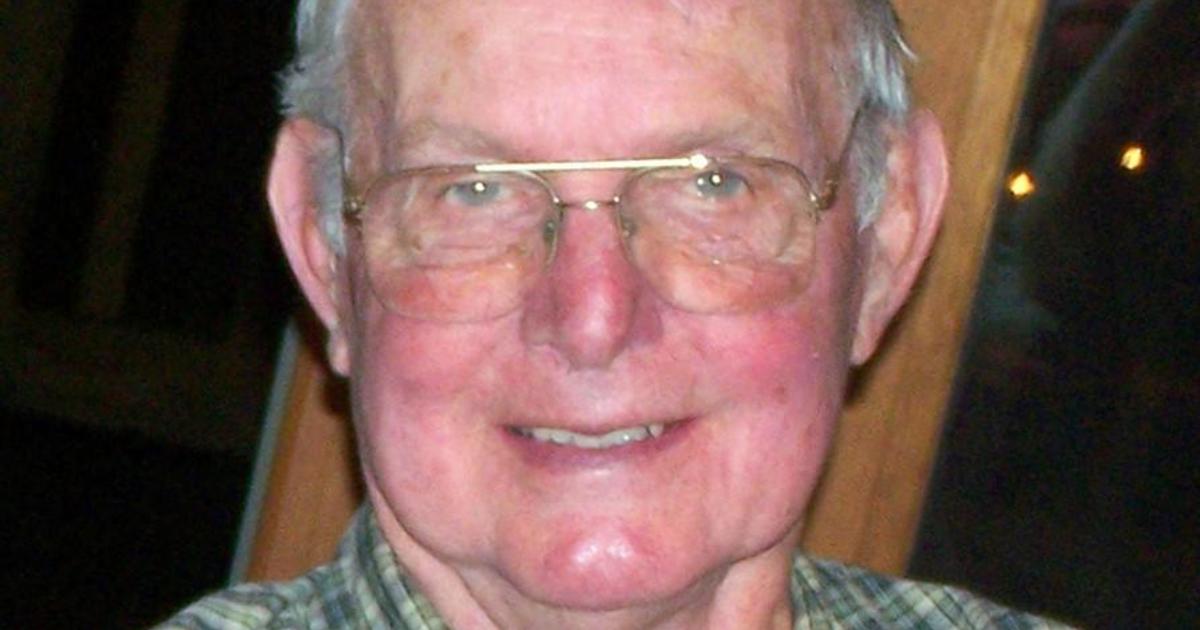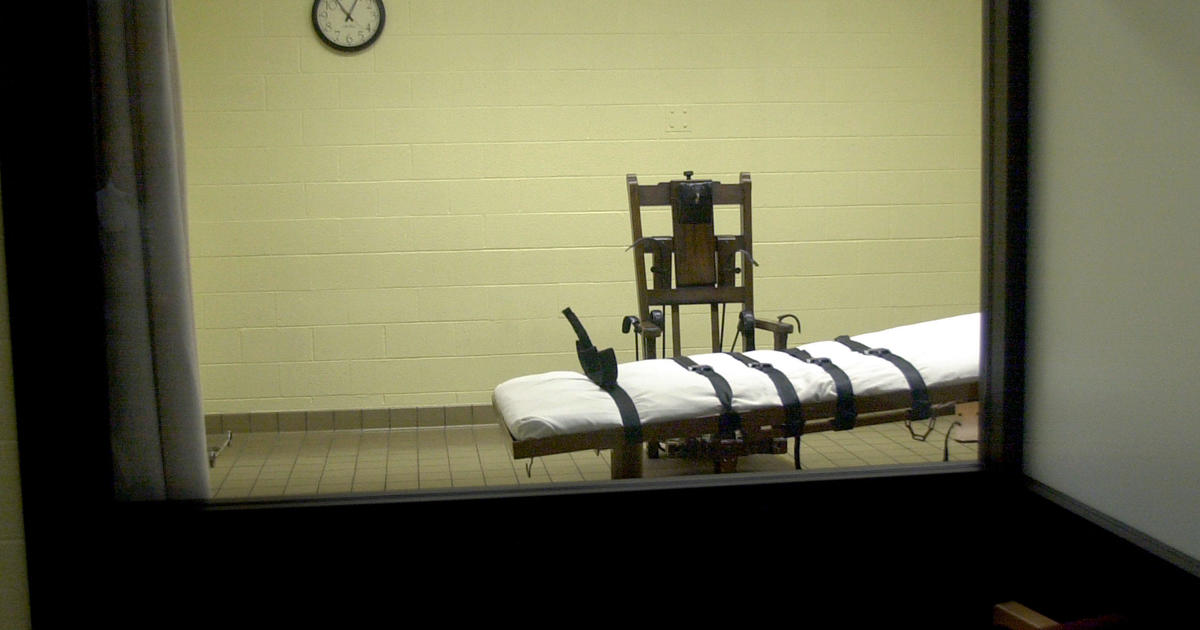Expert: Psychiatric defenses often problematic in criminal cases
Dr. Alexander Sasha Bardey is a New York-based forensic psychiatrist who was asked by a defense team to evaluate Jake Nolan, a young man who claims he was brainwashed by his psychiatrist -- Dr. Pamela Buchbinder –
in an attempt to kill her ex-lover Dr. Michael Weiss, another psychiatrist. Jurors rejected the claim and found Nolan guilty of attempted murder in March 2016. "48 Hours" investigated the case in the episode, "The Psychiatrist and the Selfie."
It's not surprising that a jury of his peers rejected Jake Nolan's defense of "diminished capacity"– that he was allegedly so manipulated by Dr. Pamela Buchbinder that he lost the ability to reason and reject the idea of attacking Dr. Michael Weiss. It's difficult for most people to understand how Jake could make certain decisions on his own – such as not to torture his intended victim – but not back out of attempted murder.
It was a gamble for the defense team. Psychiatric defenses are rarely invoked, and when they are, they tend to fail. In fact, the insanity defense, known today in New York as the defense of Not Responsible by Reason of Mental Disease or Defect, is used in less than one percent of felonies and succeeds at trial in less than a quarter of cases.
The answer as to why this is lies in the law itself, the current state of the field of psychiatry, and common myths and misconceptions. New York's insanity statute (as well as those of many other states) essentially states that an individual is not responsible by reason of mental disease or defect if, as a result of the illness, the individual lacked the capacity to know or appreciate the nature and consequences of his actions, or their wrongfulness.
The problem with this standard is that sometimes the overwhelming symptoms of a mental illness can make it impossible to resist an impulse to commit a criminal act – while knowing it is wrong. Yet it does not absolve you of any criminal responsibility. Mental illnesses can, and often do, impact one's feelings, thinking, and behavior; often all three at once. But as far as the insanity statute goes – this doesn't count. What counts is that you know what you were doing and that it was wrong.
Psychiatry is complicated by the fact that we have no blood tests, radiological tests, or other tools that can look into the mind of a person and tell us exactly what that person was thinking or perceiving at the moment of the crime. Inferences are drawn from later interviews, police reports, medical records, and sometimes, in this day and age, internet and social media postings. At the end of the day, the psychiatrist's conclusion about sanity lies in his or her analysis of these data-- in other words, an opinion. An opinion can be contradicted by another psychiatrist, leading to courtroom "battles of the experts," which then only confuses juries.
And this happened in the case of Jake Nolan.
There's something else about an insanity defense that makes it unsuccessful with juries. Hovering in the background is the idea that "the guy did it, so how can he be not guilty?" This plays into the notion that an insanity defense is an attempt "to get away with murder." The reality is quite different – and ironic. A defendant acquitted by reason of insanity typically spends more time behind bars or institutionalized than another defendant found guilty of the same charge. Not exactly a happy ending.
Finally, in the mind of most lay people (and some psychiatrists), insane acts have to be disorganized, unplanned, and incoherent --after all, the person is "crazy." In any case where there is evidence of planning and goal-directed behavior, arguing that the individual was legally insane becomes almost impossible, despite the possibility that the person was functioning with profound delusions.
In Jake Nolan's case, he did not look like the misguided stereotype of what the mentally ill are supposed to look like. He is a handsome, articulate, well-dressed young man, not a disheveled, toothless man rambling incoherently. It's not always easy to look beyond the surface.



